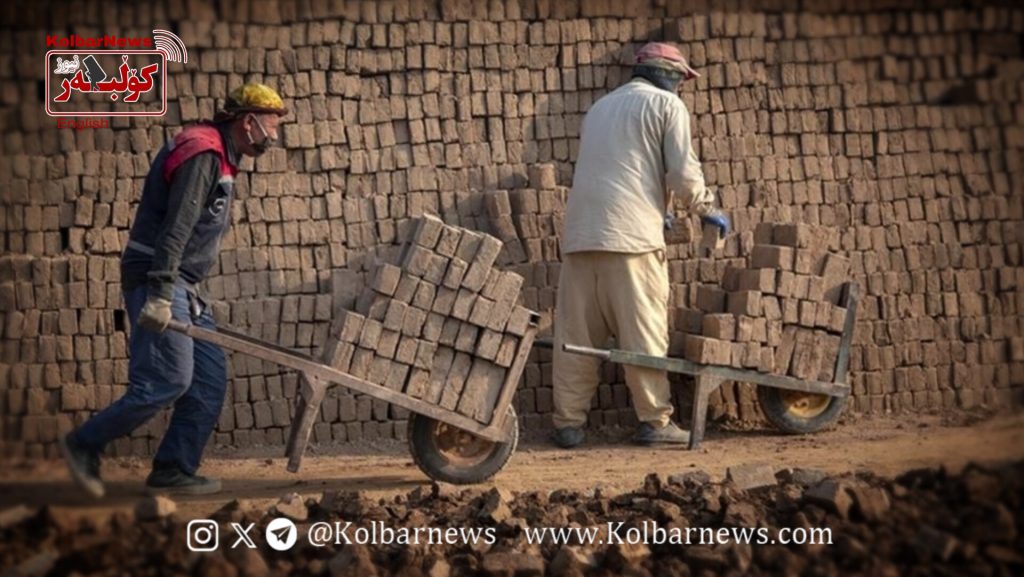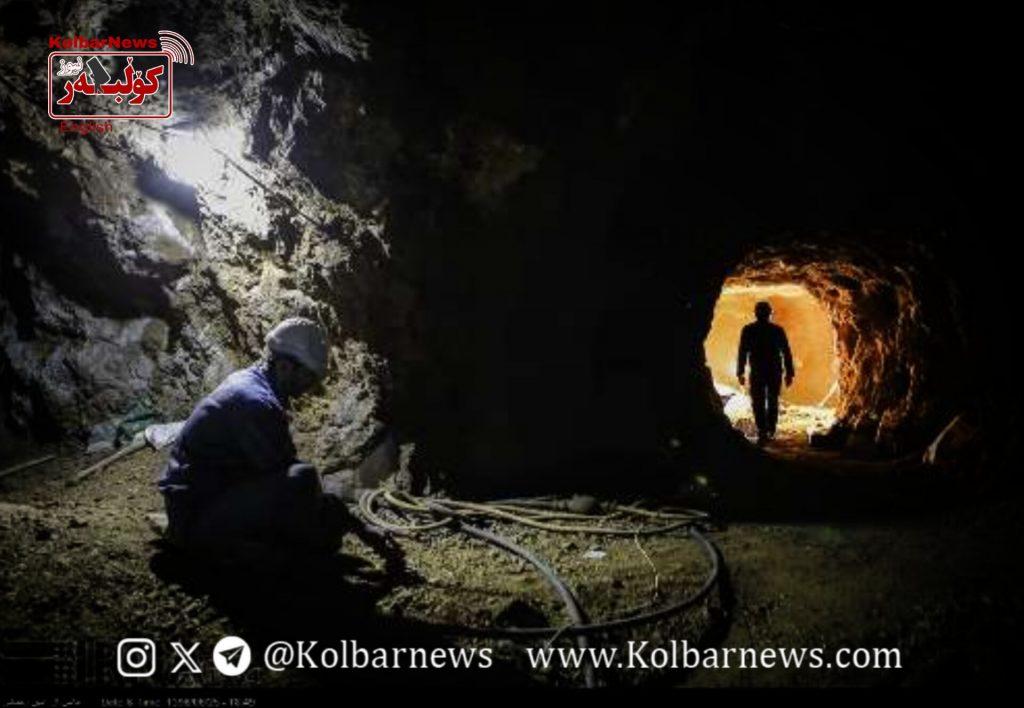The widespread strike of brick kiln workers in the Saruqamish area of Bukan over low wages and harsh working conditions is still ongoing.

According to Kolbarnews, since April 7, 2025, workers from 90 brick kilns located 10 to 15 kilometers along the Miandoab–Bukan road have launched a full-scale strike. The workers are protesting the lack of wage increases in line with inflation and the extremely difficult working conditions. The coordinated strike includes various groups such as molders, wheelbarrow operators, and kiln workers.
The striking workers are demanding a 30% wage increase and improvements in their working and living conditions. Their protests are a response to systematic exploitation, poor safety standards, and wages that have failed to keep up with skyrocketing inflation.
On April 19, a delegation from the Labor Office visited the area and made proposals aimed at ending the strike, but these were rejected by the workers. Eventually, out of the 90 active kilns, only three have resumed operations after agreeing to meet the workers’ demands.
Due to employer and government pressure, as well as the workers’ economic hardships, some groups especially the wheelbarrow operators have announced they will return to work starting May 6. Under the new agreement, the piece rate for wheelbarrow operators has been set between 171,000 to 205,000 tomans per 1,000 bricks, which brings their average weekly income to around 11 million tomans.
However, the kiln molders (referred to as “Ghermezdars”) remain on strike. The proposed wage for them is 175,000 tomans per 1,000 bricks (comprising 150,000 tomans base pay and 25,000 tomans labeled as “tea money” from the drivers). Although employers and government entities have agreed to these rates, the molders have not yet consented to return to work.
According to some workers, if the current situation persists, worsening living conditions and economic pressures might eventually force the molders to return, but for now, the strike in this sector continues.

